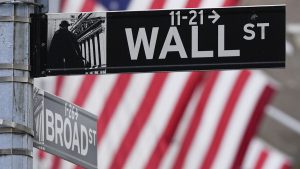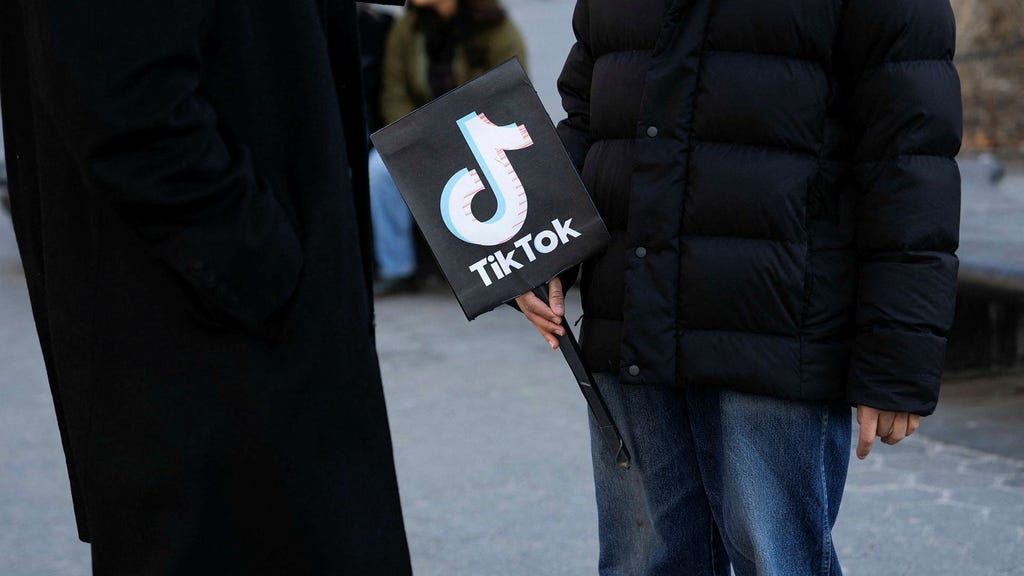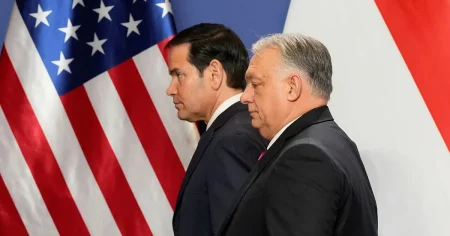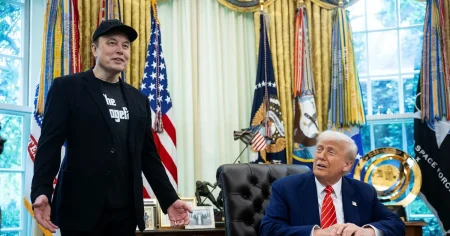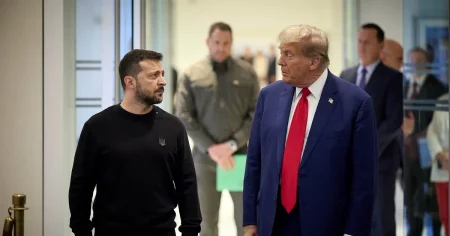The popular social media platform TikTok faces a looming deadline imposed by the US government, requiring its Chinese owner, ByteDance, to divest its American operations by Sunday. This ultimatum stems from escalating concerns over national security and data privacy, fueled by allegations that TikTok engages in espionage on behalf of the Chinese government, targeting its nearly 170 million American users. ByteDance, a Singapore-based company with close ties to the Chinese regime, has consistently denied these accusations, as well as claims of disseminating propaganda. Despite this denial, the pressure to sell mounts, setting the stage for a high-stakes showdown with significant geopolitical and economic ramifications.
The proposed ban on TikTok, previously approved by Congress but challenged by ByteDance, underscores the growing distrust between the US and China. The US Justice Department welcomes the Supreme Court’s decision upholding the ban, emphasizing the importance of protecting American citizens. This decision places the onus on ByteDance to find a suitable American buyer within a tight timeframe or risk the platform’s disappearance from the US market. The potential sale price, estimated to be upwards of $50 billion, highlights the immense value of TikTok’s US operations and the complexities involved in such a transaction.
Adding to the intrigue, incoming President Donald Trump, while signaling his intention to carefully consider the matter, has not ruled out signing the ban into law. He has requested the Supreme Court to pause its implementation, allowing his administration time to explore alternative solutions. Trump’s recent conversation with Chinese leader Xi Jinping, where TikTok was among the topics discussed, further complicates the situation. His close ties to tech billionaire Elon Musk, a potential buyer for TikTok’s American arm, add another layer of complexity to the unfolding drama.
Meanwhile, outgoing President Joe Biden has not indicated his intention to enforce the ban and stated his preference for TikTok to remain accessible to Americans, leaving the final decision to the incoming Trump administration. This difference in approach highlights the political challenges surrounding TikTok’s future in the US. Even if the platform isn’t immediately shut down, its removal from app stores like Apple’s App Store and Google Play appears likely, as these companies face potential fines for supporting ByteDance if the ban is enforced. This could effectively cripple TikTok’s reach and user base in the US.
The potential sale of TikTok’s US operations has generated significant speculation about potential buyers. Elon Musk’s name has surfaced as a possible contender, fueled by reports of his close relationship with Trump and ByteDance’s apparent hope for his support. This potential acquisition could reshape the social media landscape, given Musk’s influence and track record of disruptive innovation. The high stakes involved, combined with the political and economic implications, make this a closely watched development in the tech world.
The unfolding situation surrounding TikTok’s future in the US presents a complex intersection of national security concerns, geopolitical tensions, and economic interests. The tight deadline imposed by the US government puts immense pressure on ByteDance to find a suitable American buyer, while the potential involvement of high-profile figures like Donald Trump and Elon Musk adds further intrigue. The outcome of this saga will significantly impact the social media landscape and could serve as a pivotal moment in the ongoing US-China tech rivalry, setting a precedent for future cross-border digital platform operations. The fate of TikTok in the US hangs in the balance, with the coming days holding the key to its survival or demise in one of its largest markets.




